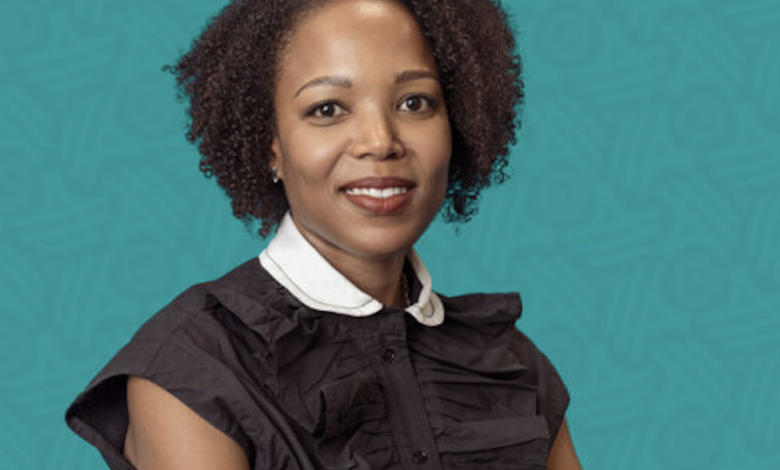The importance of re-evaluating our understanding of women as leaders

Growing up in Cape Town with a mother whose life epitomised resilience and strength, I was offered an early glimpse into the different forms of leadership that many women embrace, but that are often overlooked by society. My mother was forced to leave school at a young age and took on a job as a waitress. One day, she expressed her dream of becoming a nurse to her boss who was also female. Rather than just offering verbal support, her boss went a step further—she took my mother to a nursing college to apply. That act, small but transformative, set my mother on a path that saw her earn her matric, and years later, a Masters in Adult Education, all while working as a nurse for four decades.
Two valuable lessons have remained with me as a result of witnessing my mom’s journey. The first is just how crucial it is for women to uplift and support other women. And the second is the power that seemingly small gestures and acts of kindness hold to change lives. My mother’s boss didn’t wait to be asked; she took the initiative, demonstrating that true leadership isn’t confined to grandiose acts, but can also manifest in subtle yet highly impactful ways.
My mother’s journey also sparked my curiosity about leadership, particularly what it means, who gets to be a leader, and where this leadership takes place. The automatic assumption when discussing leadership is usually that it occurs within the context of the workplace. However, my growing understanding, informed in part by my own experiences as well as my mother’s, is that leadership – particularly by women – is much broader and more nuanced than we typically understand it to be.
In reality, many women are leaders in their homes, churches, and communities; roles that society frequently undervalues. Yet, the insights and experience women gain in these areas make them better leaders across all facets of life. My own understanding of how to guide, nurture, and discipline those under my purview in a professional setting has been profoundly influenced by my interactions with my nieces and nephews. Those familial engagements have taught me the importance of balancing firmness and fairness – a leadership quality that I believe has had a positive impact on the members of my team and helped to raise the levels of accountability and self-discipline in our business.
I’ve also come to realise that acknowledging and nurturing these ‘non-traditional’ forms of leadership can bring numerous benefits, both for the women who possess them, and those they have influence over. For one, being aware of their leadership capabilities fosters a sense of confidence in women. This self-assurance can be a catalyst for women to initiate projects or social initiatives that often have a broader societal impact. Moreover, this awareness lends itself to personal and professional development, as women identify areas of strength on which they can build.
In the workplace, women are influential in ways that extend far beyond managerial roles. Their influence often sets the tone for the workplace culture, helps to mediate conflicts, and inspires colleagues. In many ways, women who are in touch with their personal leadership traits act as the glue that holds a supportive and efficient work environment together. What’s more, the diversity in leadership roles that women occupy can lead to improved decision-making processes, benefiting not just the workplace but society at large.
These women leaders also stand as inspirational role models, encouraging a new generation of young girls to aspire to their own leadership roles, thereby creating a cycle of empowerment.
Of course, it’s not just broader society that benefits when women get in touch with their own leadership qualities. The cultivation of these leadership skills and qualities often also translates into improved quality of life for the women themselves. Better family relationships and robust professional networks are just some of the benefits that come from acknowledging and nurturing one’s leadership qualities.
Ultimately, watching my mother evolve into the leader she was born to be after a simple act of generosity by her employer has made me realise that one of the most valuable keys to unlocking immense societal value is simply broadening our understanding of leadership, and recognising that it is not confined to the C-suite or boardroom. Each of us has the potential – and indeed, the responsibility – to be leaders in our own unique way, and to learn to appreciate the rich tapestry of leadership skills that the women around us bring to all aspects of life, and wherever possible, help them to unlock that leadership potential for the benefit of all society.
By Melissa Stevens, Chief Financial Officer, FNB Commercial




